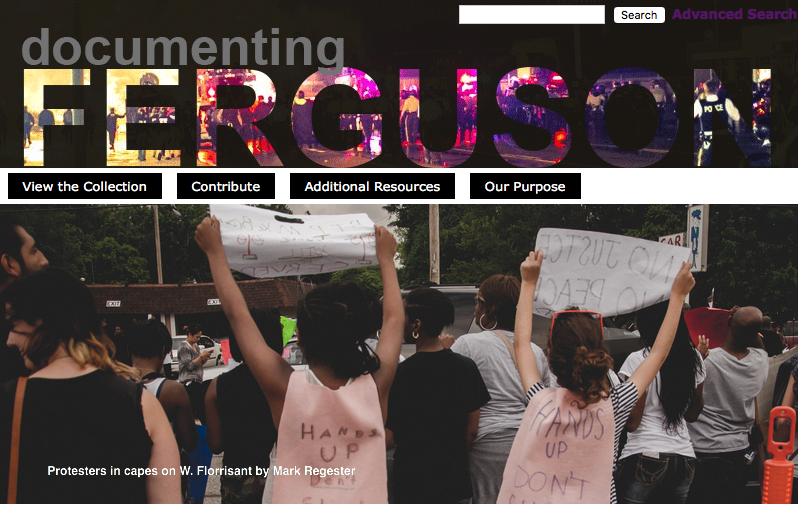#staycritical and respond to the call that “Black Lives Matter”

It’s been a difficult year facing the crisis of brutality and watching images of unarmed African Americans being killed by law enforcement circulate in social media over and over.
One of the highlights for me in this abyss of sadness, is that I’ve made the move back to California to join UCLA and am experiencing consciousness, caring and commitment by my colleagues to talking openly about social justice in our profession, and why “Black Lives Matter” to them too. I am grateful for our collective call to our colleagues around the world to move conversations about systemic power and oppression to the forefront of our conferences, meetings and professional practice. It has made me slightly less sad and anxious as a Black woman, with a Black husband, and Black children in my life that I love deeply. On some level this is difficult for me to communicate with words. I have needed to know that I am working and walking with people who have a heartbeat of concern, and even despair, over the state of race relations in the United States and the random violence we might experience walking down the street or driving home from the gym. Even African American judges are not insulated from racial profiling at UCLA, and I have an antenna up that never comes down, knowing that no amount of education will protect me and my family.
This statement from some UCLA faculty, of which I am proud to have been a part of leading with my colleagues: http://criticallis.com/ reflects where some of us (not all) are so far in our local conversation about our role as professors and practitioners in taking a stance on police brutality and the rollback of civil rights and protections for African Americans.
Working on organizing the faculty to support a statement has also been an important prelude to a panel I’m doing with some colleagues at ALISE in January 2015 about teaching and talking about social justice as Assistant Professors, when the stakes are higher, and the rewards and risks can be greater than as a tenured professor. I’ll blog more about that in February after the conference.
Dr. Michelle Caswell, who organized this forthcoming ALISE panel, was recently quoted in an interview with St. Louis Public Radio journalist, Willis Arnold, about the ways in which archivists are playing an important role in documenting the events in Ferguson, and how the community is speaking back to the injustice of Mike Brown’s murder by law enforcement. It was through her that I first learned about “Documenting Ferguson,” a phenomenal response by activists and academics at Washington University.
I’m grateful that many of us have been deeply thinking and talking about the incredibly important role of the record, and how those of us in the field of LIS are responsible for many aspects of documentary evidence. We are thinking about how our work can help us reclaim power in service of humanity, fairness, and social and economic justice. Documenting Ferguson is an example of the role we play in living our commitments within our profession.
I can only say that one should read the names of those who have signed our statement to get a beat on some of the amazing people who care deeply about a variety of power-based injustices. Follow their work. Follow them on social media. Cite them. Invite them. Although every single concern that we wanted to share in our statement ultimately got refined such that each detail might have been consolidated into broader language, I can tell you that our deliberative process on developing a declaration that “Black Lives Matter” to LIS spans concerns over torture and human rights abuses by the State, the proliferation of guns and the violence and devastation to our humanity by U.S. gun culture, and the intersectional ways that violence occurs across class, race, religion and gender, and how we need it to end.
For the immediate future, I will be managing the critical LIS website, and I invite colleagues supporting social justice in our field to send me an email about posting your petitions or statements to the site.
We need to generate ourselves. We need to generate justice.
We need to #staycritical

Recent Comments